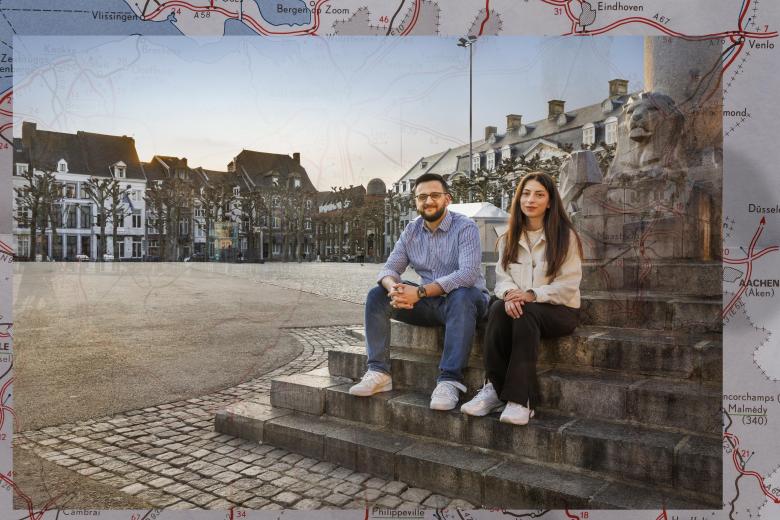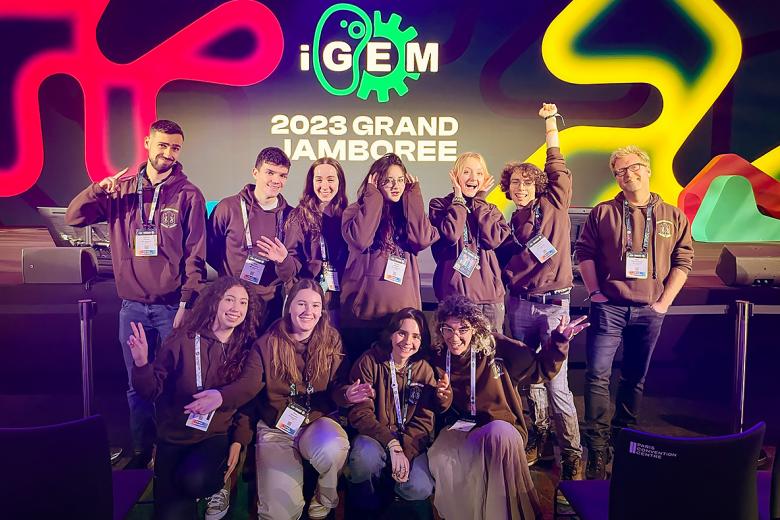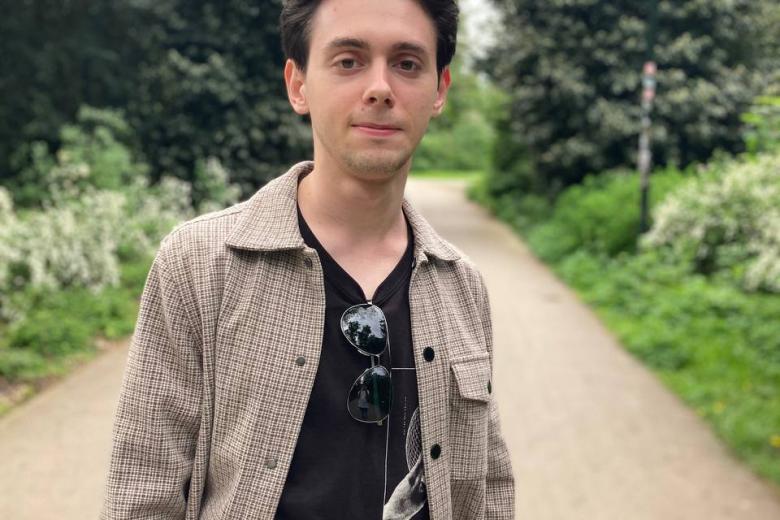Giving a scientific push to cyclists at the Tour de France
Writing a thesis can be a lot of fun, particularly when you choose a subject that’s related to your favourite hobby. For Kristian van Kuijk, an avid cyclist, it’s even led to a dream come true. He’s found an accurate way to predict the energy burned by a rider during a race. The algorithm has impressed Team Jumbo-Visma, who are using Kristian’s predictions in this month’s Tour de France.
Predicting the personal energy needs of a professional cyclist is not easy, given that the average Tour de France contender burns around 7000 calories during a Tour stage. Kristian van Kuijk has taken up the challenge and found a way. He is an ambitious student from the honours programme KE@Work of the Data Science and Artificial Intelligence bachelor’s programme at Maastricht University and a passionate cycling fan. For his thesis, he has built an algorithm that makes it possible to predict the energy consumption of cyclists.
These predictions are made through machine learning based on data such as the stage profile or the individual cyclist’s BMI. They also take account of much more unforeseen factors such as weather conditions or race tactics. Through KE@Work, Kristian got in touch with Team Jumbo–Visma, a leading Dutch professional bicycle racing team, where he put his AI model into practice. Jumbo-Visma nutritionists quickly became so enthusiastic about Kristian's predictions and his algorithm that they’re now using it on a daily basis. In fact, they have asked him if he would like to do the same for the women's team. And even after finishing this project, Kristian will continue to work at Visma.
Also read
-
KE@Work: studying and working at the same time
How an honours programme is staving off brain drain In the KE@Work programme, students solve a complex, real-world problem while working at a local company. An honours track of the bachelor’s in Data Science and Artificial Intelligence, KE@Work provides ambitious students with valuable work experience...
-
Maastricht University science students win gold at the international iGEM competition
How do you fix a crack in limestone, such as mergel? Well, simply ask some bacteria to do it for you. In short, this is the goal 11 students from Maastricht University set themselves to do. They succeeded and ended up in the TOP10 best undergraduate projects competing in the iGEM competition. For three...
-
Strong foundation for international talent
Nikola Prianikov came from Kyiv to study Data Science and Artificial Intelligence in Maastricht. He talks about how UM’s Foundation Programme opens doors for international talent, how he enjoyed his study experience despite war and pestilence, and how the Netherlands has come to seem like a viable...